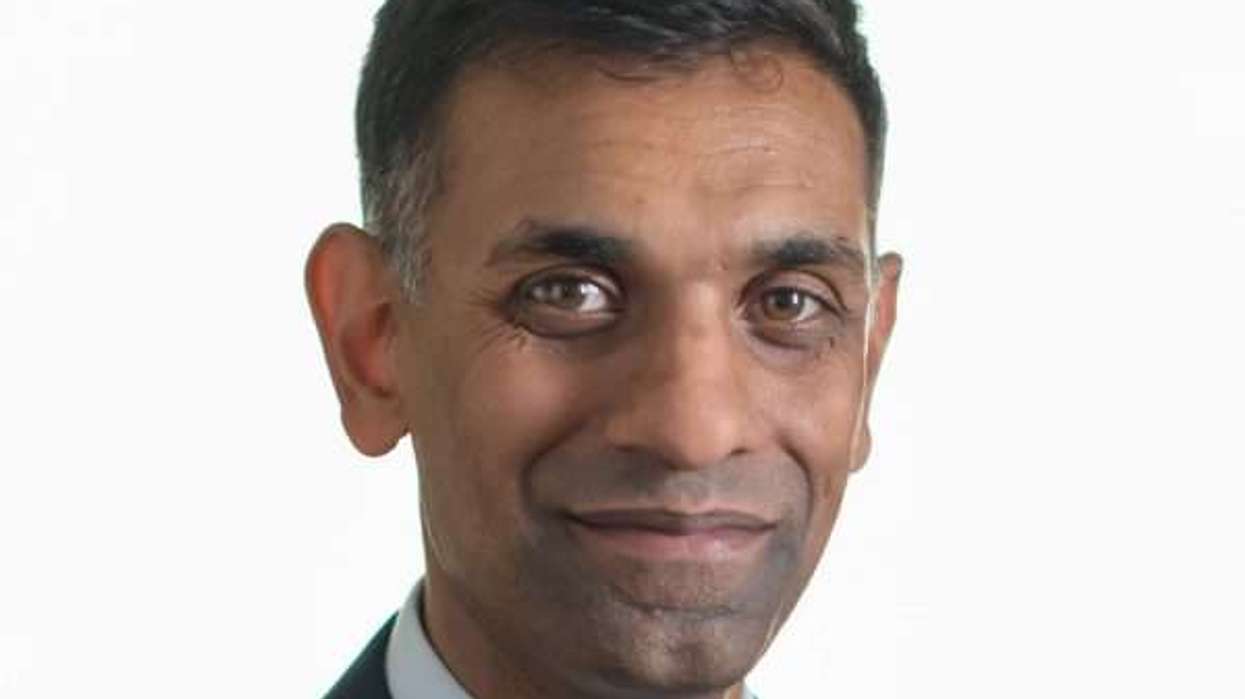Bollywood fans in Pakistan will now have to wait just one week after Eid festivities to watch the latest Indian films hitting theatres globally.
Pakistan has decided to reduce the two week Eid ban placed on screening Bollywood movies during the festive season. The ban on Bollywood movies will now be for two days before Eid and one week after the holidays.
“Keeping the importance of local film industry and exhibition facilities in mind, the government has decided that screening of Bollywood movies shall be restricted for a period of one week in total, starting from the Eid day. The decision has been taken to promote Pakistani film industry,” a revised notice from Pakistan's Ministry of Information and Broadcasting said.
This change has paved the way for the release of Salman Khan's Race 3 and Ranbir Kapoor's Sanju.
Distributors lobby with rights to screen Bollywood movies are happy with this move, considering Salman Khan has a huge fan following in Pakistan and his movie is expected to bring in profits. However, a senior film distributor told news agency PTI that one week wouldn't be sufficient for a local movie to generate profits.
"Distributors who purchased 'Race 3' will be screening it one week after Eid and this will disturb our financial interest at the box office," he said.
Pakistani movies have been facing stiff competition from Hollywood and Bollywood movies due to the limited number of screens in the country. Producers say they have not been able to do good business due to competition from foreign films and there have been occasions when they even find it difficult to recover their invested money.
Pakistan's Ministry of Information and Broadcasting had taken the initial decision to ban Bollywood movies during Eid in a bid to promote local films -- Mahira Khan's 7 Din Mohabbat and Javed Sheikh's Wajood.



